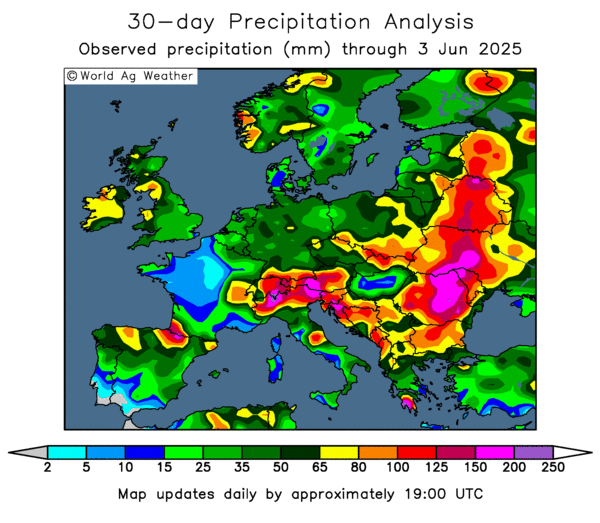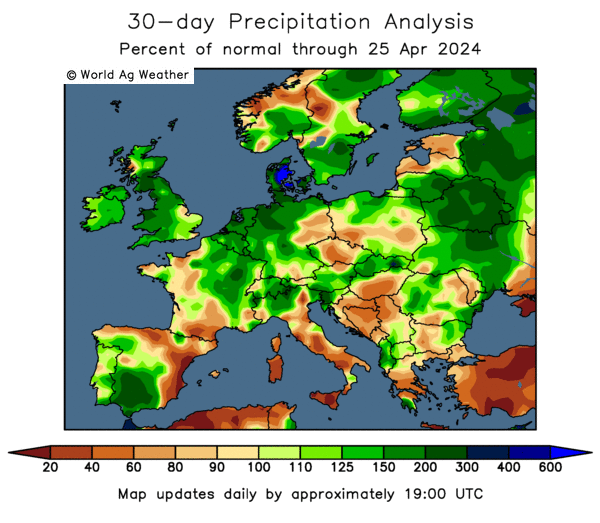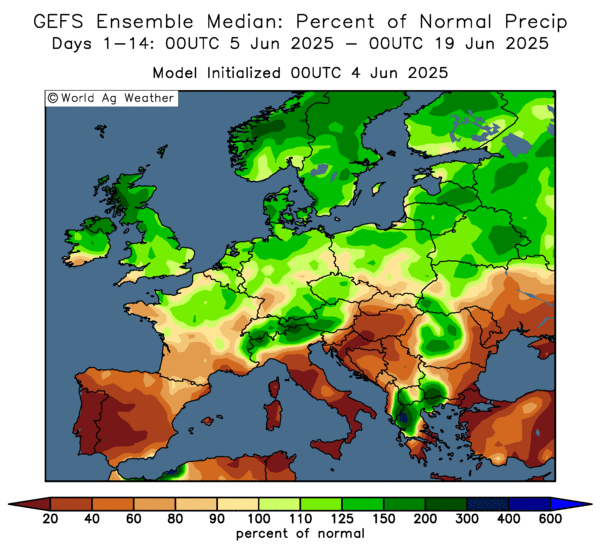Deflation, But Not Today
Data today shows that the UK escaped slipping into deflationary mode for the first time in my lifetime by a whisker.
The last time the UK experienced deflation was in 1960 when:
- Harold Macmillan was prime minister
- Elvis Presley was discharged from the United States Army
- Cassius Clay won his first professional fight
- The farthing was still legal tender
- Burnley were the kings of English football
- Jonathan Ross was in the shit for the first time (yes I've Googled it - 17 November 1960)
Figures today from the the Office for National Statistics show that the RPI fell to a flat 0.0 per cent in February. Analysts had been expecting a figure of -0.5 to -0.7 percent.
It seems that today's figures are merely putting off the inevitable for another month. The Telegraph today is quoting a Deutsche Bank economist who is forecasting the RPI to drop to -4 percent this summer.
Deflation is defined as a sustained period of falling prices. It discourages consumer spending because shoppers think why buy today when things will be cheaper tomorrow?
The spin-off from that is slow economic growth, a further contraction in manufacturing leading to pay freezes and higher unemployment.
The RPI is also used to set the level of things like state pensions & other welfare benefits and also index-linked government bonds.
If the RPI slips into negative territory next month, the value of these things will fall relative to the value of public debt, effectively increasing debt burden.
Deflation Next, Bank Warns
Many economists' sights are set on inflationary signs and the stock market is bracing for an August interest rate increase, but now an important world bank is warning that deflationary pressures could be next.
The "central bank for central banks," the Bank for International Settlements, in its annual report released Monday said, "The current market turmoil is without precedent in the postwar period. With a significant risk of recession in the U.S., compounded by sharply rising inflation in many countries, fears are building that the global economy might be at some kind of tipping point.
"These fears are not groundless. The magnitude of the problems yet to be faced could be much greater than many now perceive," it said. "It is not impossible that the unwinding of the credit bubble could, after a temporary period of higher inflation, culminate in a deflation that might be hard to manage, all the more so given the high debt levels."
According to the Wall Street Journal, BIS put much of the blame for this economic crisis on the central banks themselves -- because they didn't set interest rates high enough earlier this decade, allowing the unsustainable credit boom.
What's to be done? The more immediate danger is still inflation, BIS said, so it is advising most central banks to raise key interest rates.


















